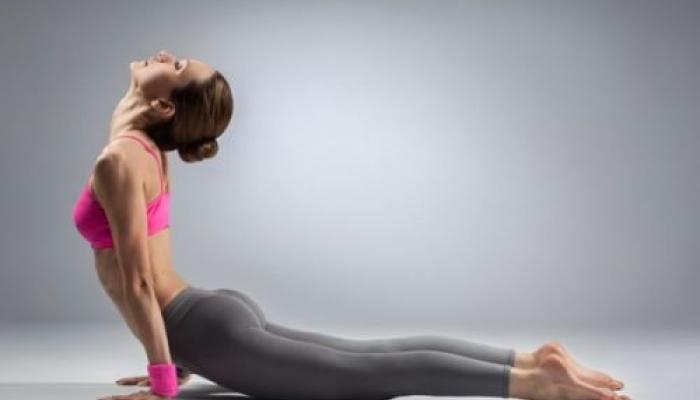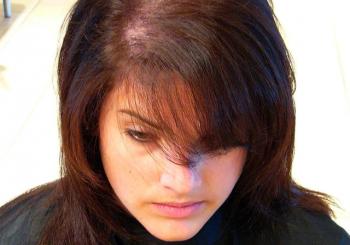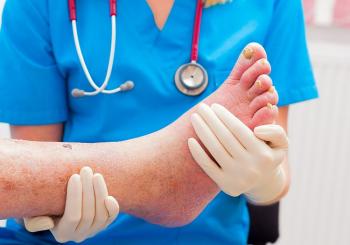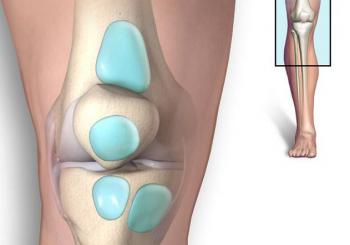
Scientific evidence suggest that the majority of pains, of the musculoskeletal system, are of mechanical origin (mechanical pains), which means they are provoked and affected by the mechanical loading that is applied to our body during every day activities (standing, bending, sitting etc). In turn, the treatment than needs to be applied must also be “mechanical”, through specific mechanical loading strategies of the musculoskeletal structures.
The McKenzie Method also known as Mechanical Diagnosis & Therapy of Musculoskeletal Disorders is globally recognized as one of the most, evidence-based, effective treatment methods. It is a comprehensive, scientific system of individualized assessment, valid diagnosis and effective treatment that is applied to musculoskeletal disorders of the spine and extremities.
How will it help me?
Through the clinical process of Mechanical Evaluation, the Diplomate MDT Therapist directly determines, from the very first session, the therapeutic program that the patient has to follow. The patient is fully informed about his condition and is educated in the specific exercises and other procedures that he/she must apply. In this way, is empowered with the ability to continuously manage his condition on his own (self-treatment). One of the unique characteristics of the approach, especially of the experienced Dimplomate MDT Therapists, is the ability of quick establishment of the prognosis of the condition of each individual patient, which is if the response to treatment and improvement will be fast or slow.
From the very first session, the patient will benefit from:
- Clear reduction of pain intensity or even complete abolishment of pain;
- Quick return to activities of daily living;
- Reduction of the risk of pain recurrence;
- Reduction in the need of medication, absence from work, diagnostic testing etc.;
- Control and prognosis of treatment response;
- Education in self-treatment and management.
Conditions we treat:
Spinal Conditions
- Low Back Pain (LBP) / Sciatica;
- Radiculopathy due to lumbar disc herniation;
- Cervical Syndrome - Neck Pain / Brachialgia;
- Radiculopathy due to cervical disc herniation;
- Cervicogenic Headache / Dizziness;
- Whiplash Associated Disorders;
- Upper Back Pain;
- Spinal Stenosis (Central / Lateral);
- Adherent Nerve Root;
- Degenerative spondylarthropathy;
- Spondylolysis / Spondylolisthesis;
- Mechanical pains of the Sacroiliac Joints and Pelvic Girdle.
Periphral Joints
- Arthropathies / Joint pains (shoulder, Knee, Hip etc.);
- Decreased Range of Motion;
- Tendinopathies (Achilles tendon, patellar tendon, rotator cuff, tennis elbow, etc.);
- Osteoarthritis (hip, knee, hand / fingers).
Sports Injuries
Postsurgical & Post-traumatic rehabilitation
- Spinal surgery;
- Surgery of the extremities;
- Postsurgical / Post-traumatic rehabilitation of fractures, ligaments, tendon transplants etc.;
- Rehabilitation after joint replacements (hip, knee, shoulder).
Other Musculoskeletal Conditions
- Frozen Shoulder;
- Plantar fasciitis;
- Palmar aponeurositis (Dupuytren);
- Nerve entrapments (carpal tunnel syndrome, radial nerve, ulnar nerve, etc.).
Pain management during pregnancy and after labor
- Spine;
- Pelvic Girdle Pain (PGP) – Sacroiliac Joints;
- Upper / Lower limbs.
Article author: Michail Zounis, certified diagnostic and treatment specialist in McKenzie Method (https://medhelp24.com/EN/users/michail-zounis)




